

JRPGs can be a difficult beast to critique. Founded on decades of tradition and established tropes, many of the traits that make the genre what it is also stand as its greatest weakness. With Bravely Default though, Silicon Studio and Square Enix seem determined to elevate the genre and provide it with new room to grow thanks to a new and improved battle system. Is this the game offering the change that JRPGs need or is it merely a brave, but default experience?
Bravely Default casts players into the shoes of four adventurers, tasked with saving the world of Luxendarc from descending into darkness and chaos. In order to do this, they must find four crystals, representative of the four elements, and purify them of the evil that inhabits them. If this sounds like standard JRPG fare, that’s because it is.
This is not to say that the narrative Bravely Default weaves is detrimental. It acts as a means to an end and can actually be a compelling one at times. In the moments where it sheds its JRPG lineage and gives insight into its deeper social and political struggles, the game is much better for it. These moments are too few and far between though. The game has more than its fair share of goofy fan service, so it’s too bad that the developers didn’t take the opportunity to hold slightly longer on the issues that truly gave Luxendarc weight.
It’s good news that the characters who populate Bravely Default‘s world are varied and entertaining then. They may not provide the emotional complexity of someone like Joel from The Last of Us, but the player’s party and each of the game’s supporting characters have their own distinct personalities. While, like the narrative, they are typically derived from genre stereotypes like the amnesiac with a sense for the group’s future, the cloistered heroine looking to break out of her shell, and the lecherous old man who helps the group out, the game is full of voice acting that really gives the colorful characters life, and helps to keep them from feeling too shallow.
The majority of the talk surrounding Bravely Default is not focused on its plot and characters though. Rather, it’s the gameplay mechanics that harken back to the PlayStation RPGs of old and simultaneously aim to push the genre forward which have taken the spotlight. Looking at the new, the game’s combat is infused with commands called Brave and Default which allow you to take an extra action or block and bank an action for later use respectively.
This introduces a new level of strategy to the somewhat stagnant nature of turn-based combat combat. Through the use of Brave and Default, players are forced to think multiple turns ahead. Where players can be conservative with their actions to bank them for a devastating attack later, they can also Brave themselves into a negative number of actions, allowing them to attack more on a turn, but forcing them to spend later turns idle as they recharge. It all comes together in a balance of offense and defense that complements the job system that should be familiar to players of Final Fantasy V.
There are 24 jobs that can be equipped to any of your four party members and leveled up. Each one provides a completely different method of play from the last. Whether you want to play as your standard spellcaster, use money as a resource to batter your opponents, or steal a monster’s own abilities from them, there are a host of jobs that will appeal to every type of player. On top of this, a second job can be equipped to provide access to past unlocked abilities, as well as slots to equip unlocked passive abilities.
While it may seem daunting at first, the job system in Bravely Default is without a doubt its strongest asset. There are obvious job combos that outclass others, but when it comes down to it, almost any combination under the sun provides a viable method for making it through the game. Don’t like how your jobs are synergizing? Fine. It takes no time at all to jump into a new set of jobs and begin leveling them up for use in the next big battle.
This opens the doors to the near-obsessive nature that comes with collecting and leveling up the party members’ jobs. At times, the Bravely Default’s narrative can be almost forgotten in the rush to grind out a few more battles to level up your Ranger in order to see which enemy’s weakness it will be able to exploit next. There’s a constant feeling of progression and while there can be a grind attributed to that, the grind is not necessary to completing the game, but in fact develops a fun metagame through the experimentation that the job system encourages.
The means through which players obtain jobs also feeds into this feeling of progression. They will find themselves constantly on the hunt for rare items called Asterisks which unlock the job of whichever character held the item last. This system not only rewards players for hunting down the game’s tougher bosses and more entertaining characters, but it also provides the player with a tangible sense of accomplishment for each of these side-quests as they are forced to best a champion of the job that they wish to obtain.
All of this comes together to create a battle system that represents one of the strongest JRPG offerings in years. Between a mass of job combinations and the flexibility of action use in combat through its Brave and Default mechanics, players are able to approach combat in just about any manner they see fit. This empowerment of choice and feeling of constant progression is the key component that so many games seem to miss.
While the story may lean on established JRPG conventions a little too heavily and the characters can sometimes exacerbate their two-dimensional nature, these are minor issues when taken in the context of the game as a whole. For a game that can take upwards of 50 or 60 hours to complete, it’s a blessing that it strives to and succeeds in hooking its players for the long haul. From the tangible gameplay progression to the varied characterizations and wonderful score, Bravely Default may not be a perfect game, but it represents a large step forward for JRPGs and turn-based battle systems. If this is any indication of the genre’s future developments, this generation could very well see a resurgence in high-profile role playing releases like South Park: The Stick of Truth and the upcoming onslaught of Persona titles.
_____
Bravely Default is available now for the Nintendo 3DS both at retail and on the eShop.
Follow Ryan on Twitter @ThatRyanB.


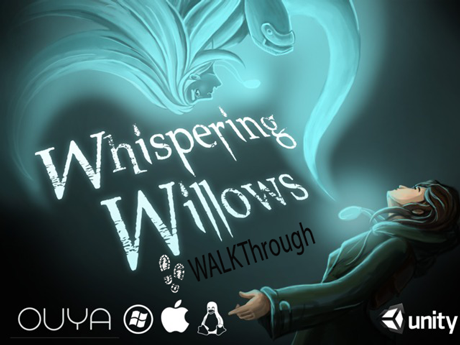
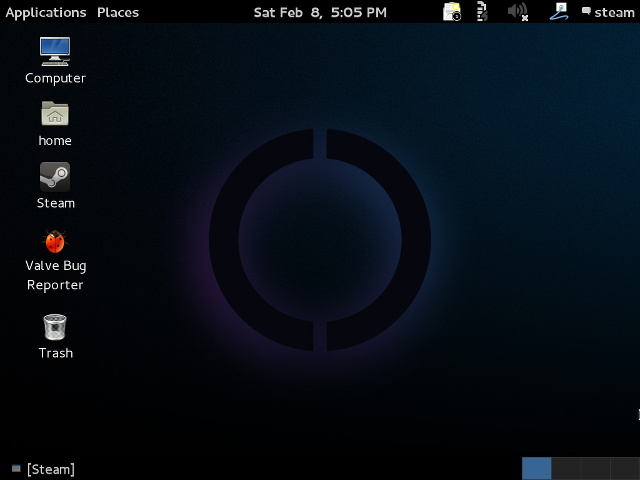
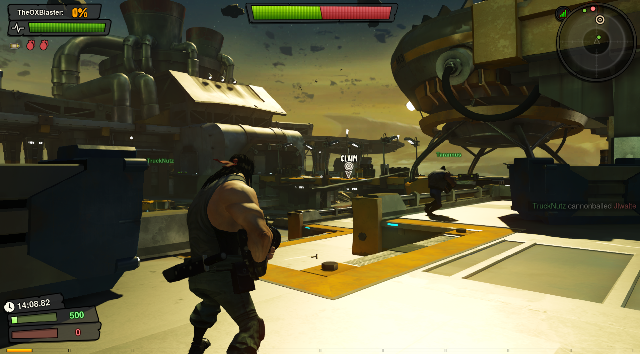 Is Loadout The Free-To-Play PC Shooter You've Been Searching For?
Is Loadout The Free-To-Play PC Shooter You've Been Searching For?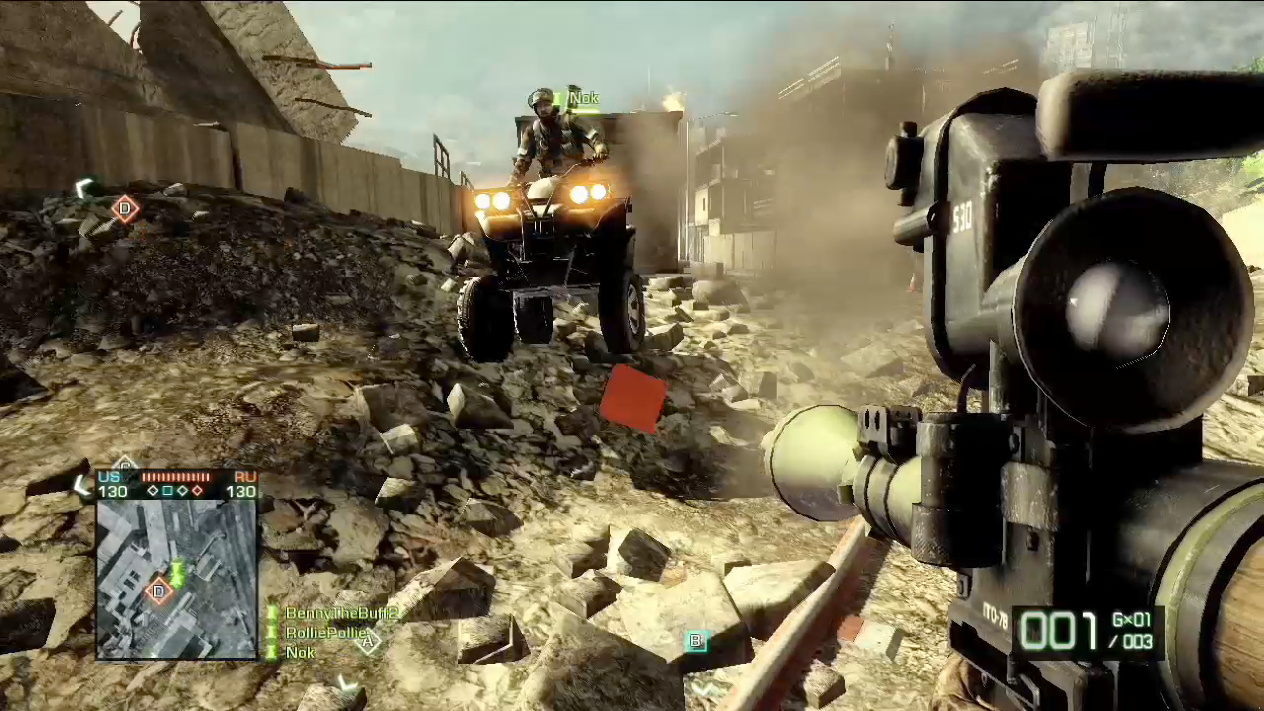 Battlefield 3 PS3 Trophies list
Battlefield 3 PS3 Trophies list 9 Computers And Tablets You Can Get At A Big Discount
9 Computers And Tablets You Can Get At A Big Discount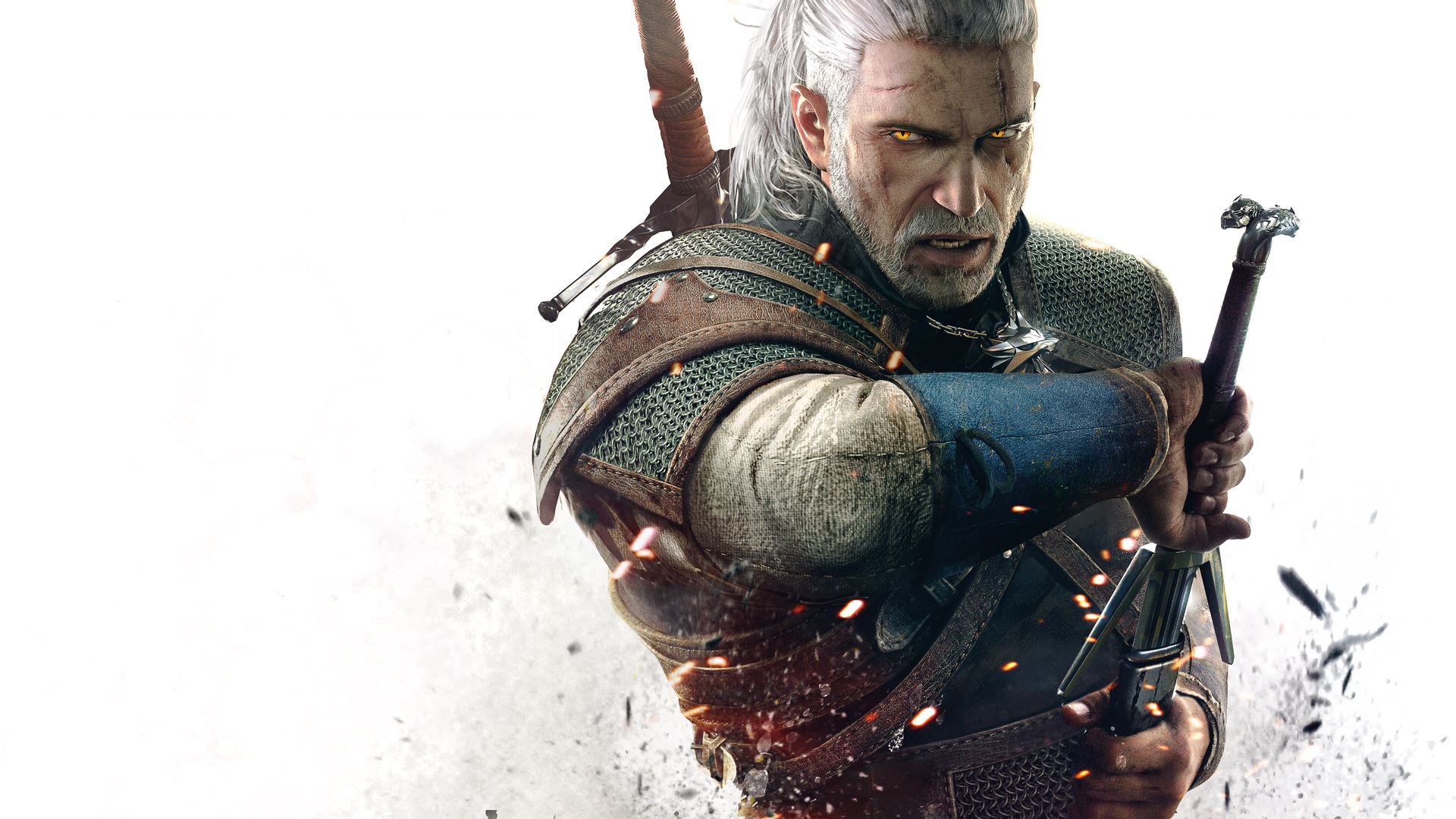 The Witcher 3 – One Of The Best Games In 2015
The Witcher 3 – One Of The Best Games In 2015 Celebrating 25 Years of Microsoft Solitaire: The History, Rules & a Tournament
Celebrating 25 Years of Microsoft Solitaire: The History, Rules & a Tournament